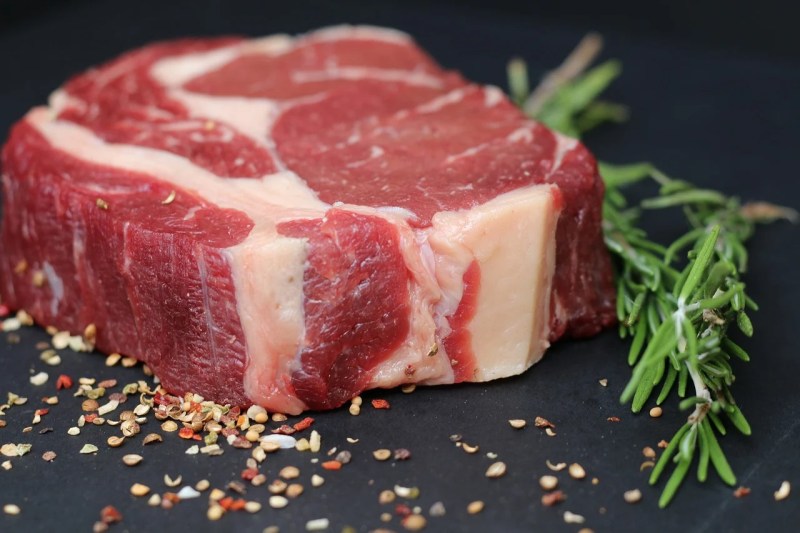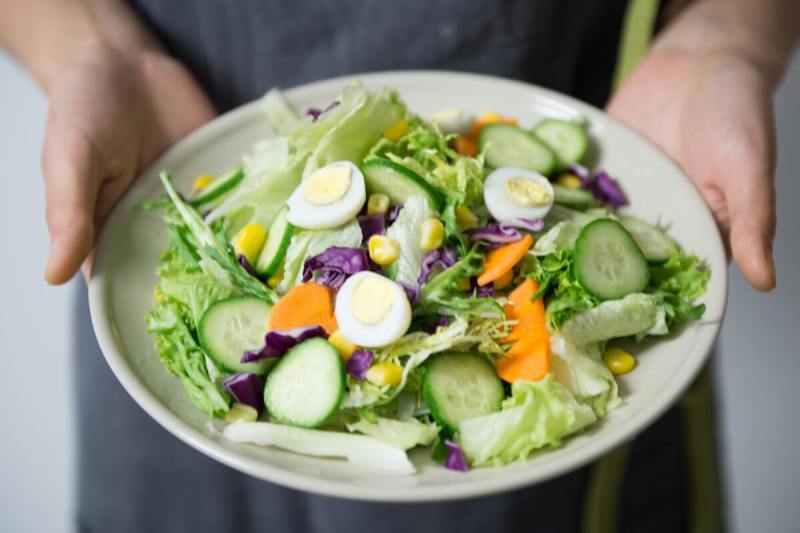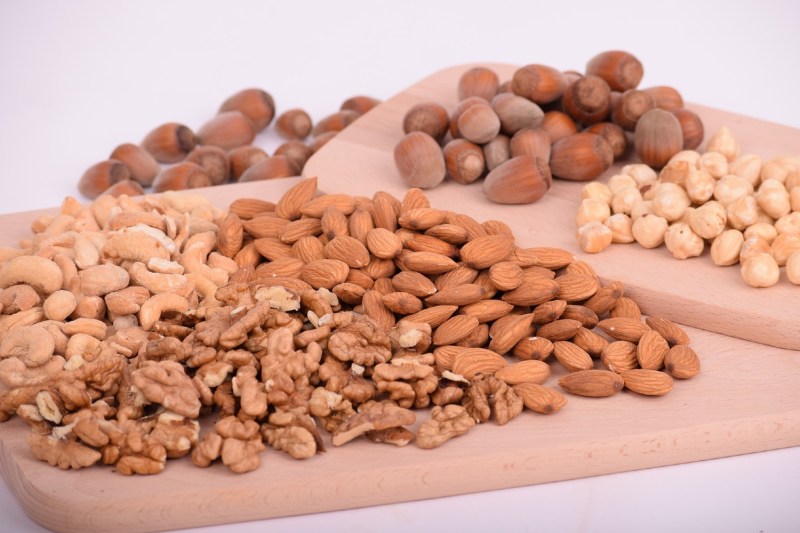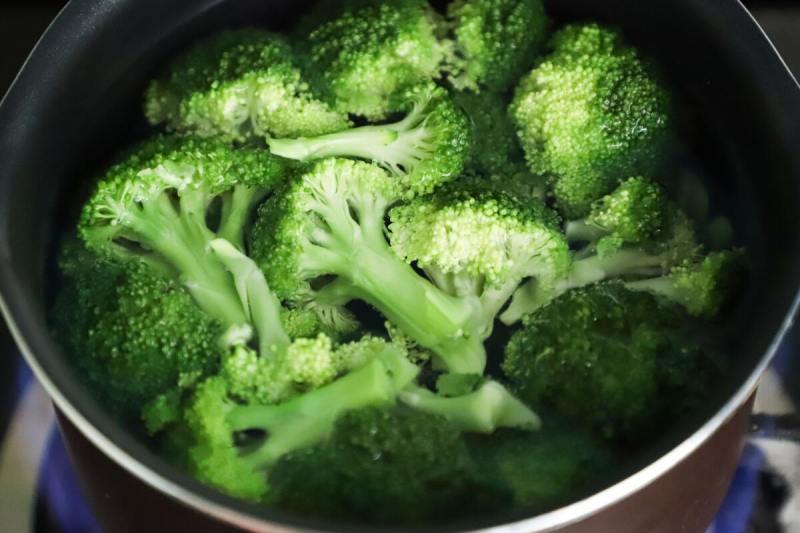
Having a diet rich in vegetables, high-quality protein, and good fats is the best starting point for good health. Drinking plenty of water and the occasional fruit or vegetable juice can boost your well-being, as well. Such balanced diets help prevent diseases like cancer from taking hold. However, it’s easy to give way to temptation and overindulge in unhealthy foods and drinks in today’s junk-food-laden world.
Too many of the wrong types of foods and large amounts of alcohol can prevent our bodies from fighting diseases, and these can also aid the development of certain unfavorable health conditions. Other lesser-known ailments, such as gout, can also be food- and drink-related issues, and a simple change to your diet is a possibility for relieving symptoms.

What is gout?
Gout is a form of inflammatory arthritis that primarily targets the joints of the big toes. The condition can be extremely painful and worsen, if left untreated. Although there is no single cure for gout, the symptoms can be treated with medication. In addition, if it’s a diet-related cause, then changes to what you eat can relieve the inflammation and eventually ease all symptoms over time.
A condition known as hyperuricemia causes gout, and this involves too much uric acid in the body. A high concentration of uric acid can form crystals that deposit in certain joints. Uric acid is made when the human body breaks down purines, which are in certain foods, such as red meat, tuna, sardines, anchovies, mussels, and high fructose foods.
Drinking high volumes of alcohol also places individuals at greater risk of developing gout. Other risk factors include being obese, diabetes, hypertension, insulin resistance, heart failure, and poor renal function.

How common is gout?
If you suffer from gout, you are not alone. Considering some of the foods that can contribute to the condition are meat and alcohol, common parts of many people’s diets, more people deal with it than you may think. Gout is the most common form of inflammatory arthritis. It is estimated that around 9.2 million people have this disease to a certain degree, with men being affected more than women.

Can you prevent gout?
If gout isn’t caused by a significant health condition, such as heart failure, then certain lifestyle changes can help prevent gout from occurring or reoccurring if you have already suffered this painful inflammatory condition. Balancing your diet is an important starting point in preventing gout, and this would mean limiting the foods high in purines, such as red meat and certain seafood. Cutting alcohol intake is another step in the right direction, too.
Losing weight by getting active can help boost the effects of a healthy, low-calorie diet. Both of these can help prevent type 2 diabetes, strokes, and even heart disease. Low-impact exercises are best for those with joint problems, so think about swimming, walking, and cycling.

What foods to eat when you have gout
1. Nuts
Nuts are mostly healthy, and many are a good source of monosaturated fats. They are also rich in vitamins, like vitamin E, and minerals, like phosphorous and selenium.
2. Broccoli
Broccoli is a low-purine-containing food packed full of nutrients. It contains large amounts of vitamin C, an antioxidant that can help reduce uric acid levels in the body and boost the immune system.
3. Cherries
Cherries are also rich in vitamin C, which is beneficial for everyone and especially for gout sufferers. They are also packed full of antioxidants like anthocyanins. Black cherries are thought to be the best for relieving gout.
4. Lentils
If you cut down on red meat and seafood because of gout, then lentils are a good replacement protein source. In addition, they contain fiber and potassium and can lower high blood pressure, which is another gout risk factor.
5. Avocados
Avocados contain healthy fats, antioxidants, and vitamin E, a natural anti-inflammatory. This can help reduce the pain and swelling in joints affected by gout.

What foods to avoid when you have gout
1. Red meat
Although red meat is a good source of protein and iron, overeating can cause gout in prone individuals, and this is because it’s high in purines.
2. Seafood
Fish and other seafood are generally healthy and high in omega-3 fats, which are beneficial to heart health. The problem is that eating large quantities of seafood, such as shellfish and mussels, increases the purine levels in the body.
3. Organ meats
Organ meats, such as liver, can be a good source of vitamins and healthy, high-quality proteins. However, they should be avoided by those who have gout because eating them can worsen gout symptoms and delay recovery.
4. High fructose foods
High fructose foods like ice cream are OK as an occasional treat, but if eaten regularly, they contribute to weight gain and increase body fat levels, too. These foods also raise uric acid, which is bad news for gout sufferers.
5. Alcohol
Drinking too much alcohol, whether it be beer or wine, can aggravate the inflammation in joints caused by gout. Therefore, it is best to go alcohol-free while suffering from this condition.

The bottom line
It can be argued that gout is a symptom of overindulgence in certain foods, but not all gout is a diet-related issue. The easiest way to treat gout is not to supply further fuel to the fire. This means that gout sufferers should avoid foods that kick-start the purine uric acid cycle.
This is the simplest way of treating non-complicated gout naturally. However, conventional painkillers and anti-inflammatories should be used if the pain is unbearable.
Prevention is better than cure, and eating a healthy, balanced diet can prevent uric acid levels from building up in the body, and going vegan for a while can help too. In addition, exercise helps with fitness and weight control, which can also prevent other diseases from developing over time.



